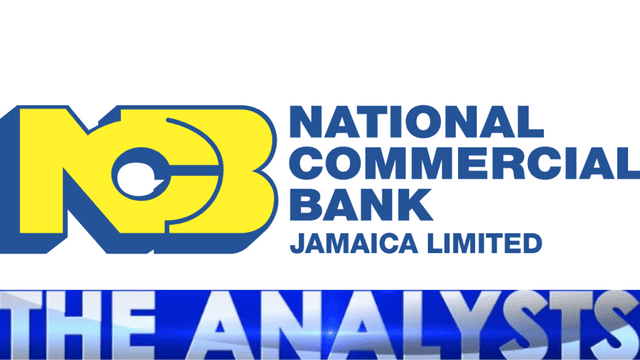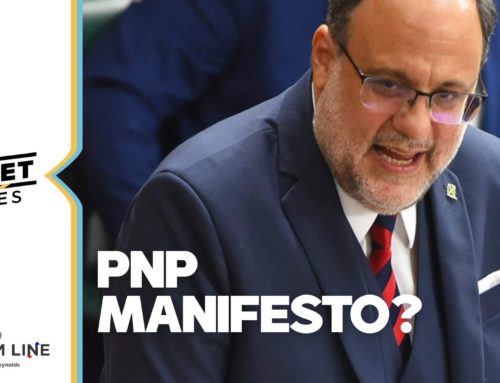
THE ANALYSTS: No NCB dividends for now
Business Journalist David Rose says NCB Financial Group’s (NCBFG) decision to not pay shareholders’ dividends is a strategic play as the financial sector readies itself to adopt new accounting guidelines.
NCBFG recently announced that it would not pay dividends for the seventh-consecutive quarter.
Speaking on Taking Stock with Kalilah Reynolds, Rose explained that the decision comes as Jamaica considers implementing Basel III.
“Basel III is an international regulatory standard set up by the Basel Committee on Banking Supervision of the Bank for International Settlements,” he said.
“It is going to require banks to hold more capital on their books based on the adjusted calculations for capital requirements for banks,” he added.
Rose further explained that in the case of NCB Jamaica, which is the island’s largest commercial bank, it would likely be required to have a higher amount of capital reserve to meet the new standards.
He noted that instead of paying out a dividend, NCB transferred $8 billion from its “retained earnings” to “retained earnings reserves”.
“Reserves are good because if there is a negative event it means that the bank has money to continue operations,” he said.
However, Rose said that because Basel III will require the bank to hold more capital on its books, NBC might lend less or charge more interest.
“But it means less money to lend as loans or dividends. So, as a result, it could potentially mean higher costs for loans or just reduced loan offerings,” he added.
The Journalist also noted that as of January 1, Jamaica adopted International Financial Reporting Standards 17, which streamlines how insurance earnings are reported.
“As a result, there is a cost to changing to that standard and with an expected change in how reporting occurs and for capital requirements as well,” Rose said.
He noted that the company is preparing to face the regulatory changes that will impact its business.
Stock Market Reaction
Rose noted that NCBFG’s stock price hit a 52-week low last Tuesday, dropping to $72.01.
“For context, NCBFG’s price has been that low since July 2017,” he revealed.
The stock price has recovered slightly, closing at $76.68 on Wednesday. However, Rose said the fall in NCBFG’s stock price could be dangerous for several reasons.
“A lot of people borrow against NCBFG’s stock. So, when they take out margin loans, the lower the price goes the small the space there is for the broker to potentially recover money if they need to sell the stock,” he explained.
He added that a lower stock price also impacts the valuations and portfolios of pension funds and other entities.
“Sagicor Select Funds is taking a nasty beating right now because NCBFG is their largest asset and their is no dividends coming from that,” he added.
WATCH THE SEGMENT HERE
Fleetwood Takes Over Starfish Oils
The Cast Richard Coe Managing Director Fleetwood Jamaica David Rose Business Writer, Observer
Meet Barita’s New CEO!
The Cast Ramon Small- Ferguson Barita Investments Vice President of Investments Clive Charlton Equity Trader at JMMB











Leave A Comment